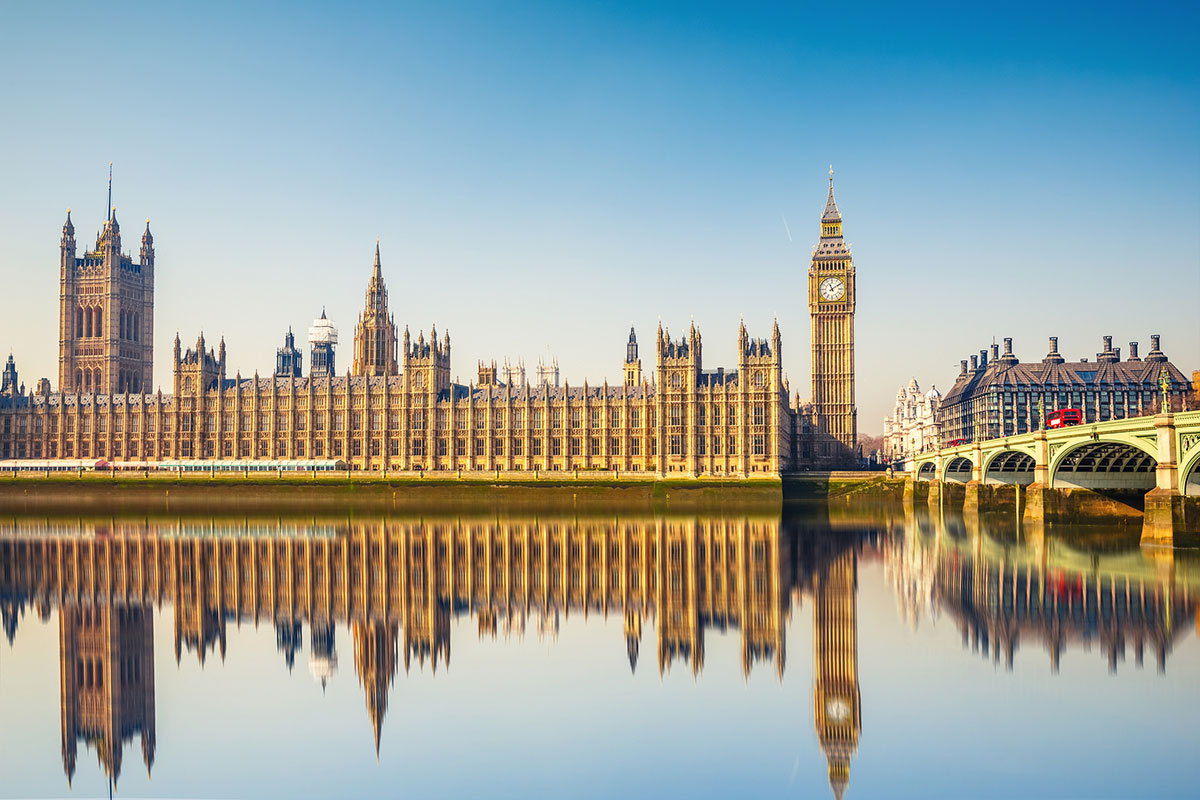Congratulations to Paul Thrupp and the BCC who have led this initiative. It really does herald a brighter future for industry representation at the highest levels. I for one am looking forward to the potential benefits it could bring, including key worker status for cleaning operatives, funding for specific industry training, progress on the payment of the Real Living Wage, and a focus on labour supply post-Brexit.
Having not been party to the discussions, I don’t know to what extent our industry’s response to COVID-19 assisted in the establishment of the APPG. What’s clear, however, is that the vital role cleaning will play in protecting the nation’s health going forward should demand key worker status for our front-line operatives, recognising the contribution they have made, and reflecting the significant body of evidence that shows staff in exposed occupations are more at risk. Scientific opinion, meanwhile, is leaning towards the conclusion that we will not be able to stamp out the virus and that it will become a feature of everyday life we must learn to live with. Part of this process will be the introduction of health and safety protocols for staff working in buildings and on transport systems, something that is already having a knock-on effect on cleaning operatives. At DOC, for example, we have one significant client who is insisting on, and paying for, regular testing for our staff and it is not inconceivable that other organisations will follow suit. They might see things differently, of course, if a combination of vaccinations and mass testing brings infection under control. Nevertheless, whatever the new status quo looks like, it is essential for the benefit of our workers’ safety and peace of mind, not to mention continuity of service, that the facility for regular testing and vaccination when needed is made available at no cost to our teams.
I am also particularly heartened by the news that the APPG will look into the ‘creation of a recognised and universal training accreditation for cleaning and hygiene within the UK’. A sizeable number of cleaning contractors now pay many thousands of pounds a year to the Apprenticeship Levy without being able to reclaim any of their investment in the form of training, simply because there is no cleaning-specific government apprenticeship available for operatives or managers. As such, the Levy represents little more than an additional tax on our revenue. Yet there is a vast array of valuable industry-specific training available from BICSc, ISSA and a range of ‘in-industry’ private providers such as UhUb, all of which are capable of supporting both day-to-day operative training requirements, as well as longer term individual development needs. Infuriatingly, in the absence of a recognised apprenticeship, none of this training can be redeemed by contractors against the Levy. This is particularly frustrating, as so much of the training is delivered online – a now essential requirement of training in the COVID-constrained world. If the government is serious about its commitment to workers in our industry, it should make a priority of reviewing the funding structure of training, ensuring that the organisations who are already geared up to provide cleaning industry training are able to do so through an official government framework of some sort.
Not too much for the APPG to work on then! In the meantime, let’s encourage our local MPs to support it and do whatever we can to add power to its elbow.
Published in March issue of Tomorrow’s FM.
